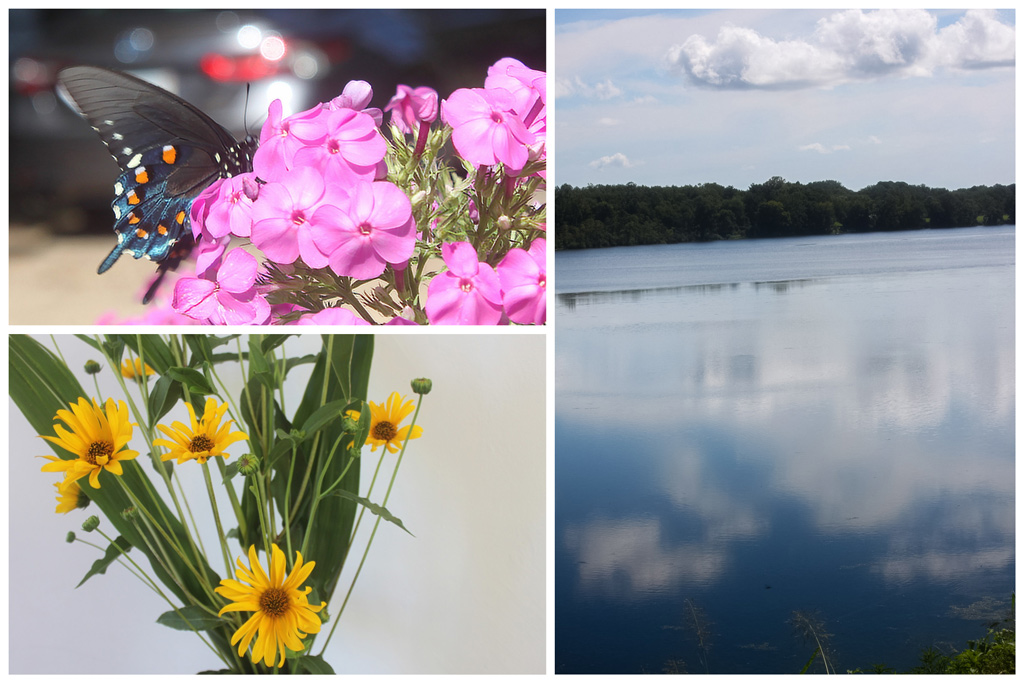I. Theme – Understanding our Heritage and Putting our Trust in God

The lectionary readings are here or individually:
First Reading – Genesis 15:1-6
Psalm – Psalm 33:12-22
Epistle – Hebrews 11:1-3, 8-16
Gospel – Luke 12:32-40
This week’s readings help us to understand our heritage of faith and to strengthen our trust in God. In Genesis , Abram puts his faith and his family’s future in God’s promises. The psalmist sings the praises of the sovereign Creator God. The author of Hebrews gives examples from salvation history of the faith that pleases God. There is a sense of urgency about the parables in the gospel for today. Jesus admonished his followers to be ready for action: “Be dressed for action and have your lamps lit; — Luke 12:35 . Jesus cautions his disciples to live in a manner that reflects the imminent possibility of his unexpected return.
This would have reminded them of the instruction for celebrating the feast of the Passover. At the time of the exodus, when they escaped from slavery in Egypt, they had been told to be ready to move without notice. This urgent readiness was then remembered in the way they celebrated these great events in the Passover every year: so we have the instruction on how the Passover meal was to be eaten hurriedly, in the book of Exodus:
This is how you shall eat it: your loins girded, your sandals on your feet, and your staff in your hand; and you shall eat it hurriedly. It is the passover of the LORD. — Exodus 12:11
The Jewish people were used to recalling these directions in scripture every year and would easily have recognized the same idea in the teaching of Jesus about the coming to the Kingdom of God:be like those who are waiting for their master to return from the wedding banquet, so that they may open the door for him as soon as he comes and knocks. — Luke 12:36
Today’s readings remind us to seek God’s realm in and beyond our daily responsibilities, and to consider constantly the need to give up certain types of security to be faithful to God’s presence in the persons in front of us and across the globe. We may have an uneasy conscience at times and this is good news, for such uneasiness invites us to mindfulness and intentionality, and reflection on what is truly important in the course of a day and a lifetime.
“See, the eyes of the lord are upon those who fear him, upon those who hope for his kindness” (Psalm 33: 18). The Spanish-speaking and Native American peoples have a lovely yarn craft called “Ojos de Dios” or “God’s eyes.” It symbolizes God’s beneficial watchfulness over us.
However, God’s all-seeing, ever-present eye is not a comforting thought to everyone. In order for this to be a soul-warming concept, we must have an understanding of the true nature of God. As the psalmist says, we must be among “those who hope in his kindness.” To those who await only God’s judgment, the thought of God’s eye upon them is threatening rather than comforting.
The opposite of faith is fear. Jesus’ exhortation, “Do not be afraid any longer, little flock,” is really an appeal to trust God. Trust and love go together. In our human relationships, we know that we trust more where mutual love exists and trust the least where there is no love. We are told that, “There is no fear in love, but perfect love casts out fear; for fear has to do with punishment, and whoever fears has not reached perfection in love” (1 John 4:18).
It has been said that every human being responds to God’s existence, either in fear or in love, that is, to judgment or salvation. When we have grasped the good news of God’s steadfast love towards us, the lord becomes our help and our shield. That God’s eye is upon us is our most supportive thought. We can never be lost or alone because God sees us in all times and places. God’s love will provide for us and reward us as we seek God’s will.
We seek God’s will because we are certain that it is our Father’s good pleasure to give us the kingdom. We trust God’s perfect love, and this casts out our fear. We have confidence for the day of judgment. When the lord returns, our lamps will be burning brightly for the celebration that will be like a marriage feast. Hearts that have held the treasure of Jesus’ saving love will tremble with joy at his appearing.
Seeking the kingdom is a tough road and we cannot get caught up in our own world, We are reminded that we may not see the fulfillment of God’s promises in our lifetime. All too often, we put our own worldly hopes and dreams in front of God’s promises, believing that God fulfills promises by blessing people with wealth, health and happiness. This could not be further from the Gospel of Jesus, who told the rich to sell all they had, who told the disciples not to take more than they could carry and to rely on the generosity of others, who told us all to become first we must become last of all and servant of all. This is what Jesus has called us to do—to seek eternity, we must not be wedded to the wealth and success of this world, for it will fall away. Our lives are a witness to the future: did we seek to live for Christ by living for others, or did we seek to live for ourselves?






 Pentecost 9 – Parable of the Doorkeeper
Pentecost 9 – Parable of the Doorkeeper